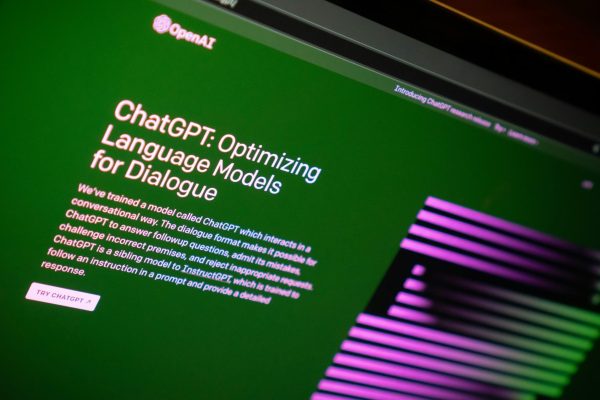Rates on the rise
Is social media healthy for college students?
Are you dealing with depression or anxiety? Do you find yourself feeling lonely or isolated from your peers even though you are in constant contact?
People in college are reporting higher rates of depression and anxiety than any other generation preceding them according to the Clinical Social Work Journal. Bettmann and colleagues wrote, “Nearly 40% of college students reported they ‘felt so depressed that it was difficult to function’ in the previous year, while 60.9% reported ‘overwhelming anxiety.’ Additionally, U.S. young adult college students diagnosed with or treated for anxiety rose from 6.7% in 2000, to 21.6% in 2017.”
These statistics show the rate of diagnosed anxiety more than tripling among college students over the course of seven years. What is the root cause of this increase?
Is social media the guilty culprit? The college-age generation, currently members of Gen-Z, were introduced to social media during childhood. Due to this, they have grown into themselves using social media as the mirror in which they view themselves . Deprived of the opportunity to form their own opinions of themselves, Gen-Z have relied on “likes” from others to shape their self-worth.
As a member of the Millennial generation, I was not introduced to social media until I was in middle school with Myspace. Even then I was enthralled with the pull of checking my friends’ pages to see where I was listed on their “friend space.” This type of ranking of friends caused tension and anxiety among myself and my peers.
Social media gives others the ability to weigh in on every detail of someone’s life. In a time when sharing your every move is socially suggested, the constant scrutiny of others can leave someone feeling judged, isolated and reliant on the acceptance of others online in order to feel self-acceptance.
The inability to find confidence in life aside from a social media presence has created an unhealthy dependence on the infatuation with social media alter-egos. Some people find the opportunity in social media to create a persona that portrays them as the person they wish to be, sometimes at the expense of the person they really are.
This disconnected persona leaves the person behind the screen feeling less interesting than their own social media presence, not to mention the comparisons that take place amongst the online personas of others. The constant comparison and seeking of approval from others is a contributing factor for the low self-esteem of Gen-Z.
I experienced a small dose of this in middle school when Myspace was at its peak, but Gen-Z have lived their lives in this cycle of social media approval-seeking and comparison. The age at which they were introduced to social media scrutiny has compromised their ability to find self-acceptance outside of approval from their peers.
The need for the coming generations to find a way to gain self-confidence and self-approval aside from social media is key to lowering the rising rates of depression and anxiety. Let’s be an example to the coming generations of this with spending a little less time on social media and a little more time complimenting those we encounter face-to-face every day. After all, when is the last time you had someone compliment your outfit in person, instead of just collecting “likes” on a picture you took in the bathroom mirror?
Your donation will support the student journalists of Missouri Southern State University. Your contribution will allow us to purchase equipment and cover our annual website hosting costs.























